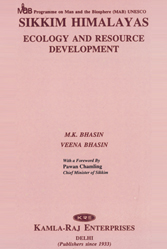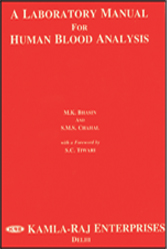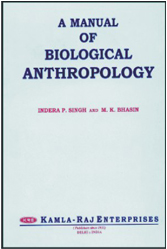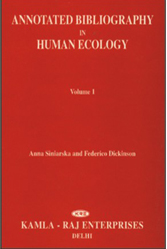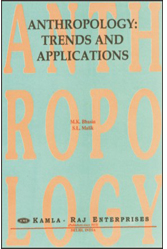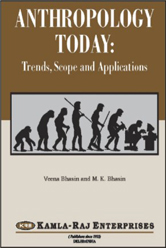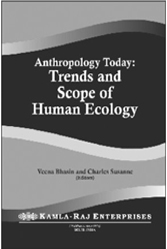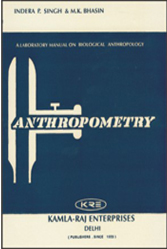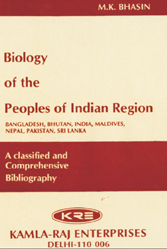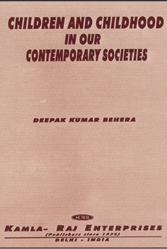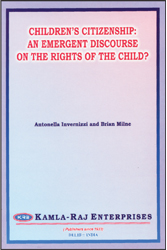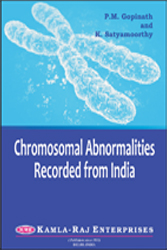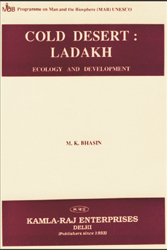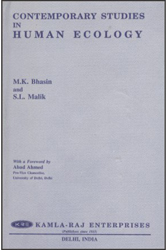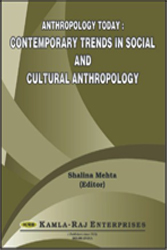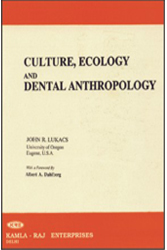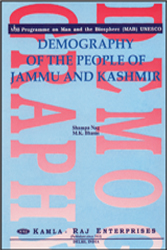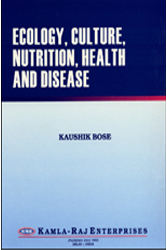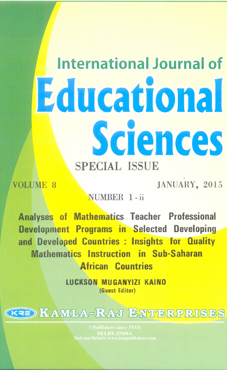SPECIAL VOLUME - EDUCATIONAL SCIENCES
ANALYSES OF MATHEMATICS TEACHER PROFESSIONAL DEVELOPMENT PROGRAMS IN SELECTED DEVELOPING AND DEVELOPED COUNTRIES: INSIGHTS FOR QUALITY MATHEMATICS INSTRUCTION IN SUB-SAHARAN AFRICAN COUNTRIES
LUCKSON MUGANYIZI KAINO (University of South Africa, UNISA)
2015 • Pages: 127 • Size: 180x240 • Binding: Hard • PRICE: US $ 35/-RS. 1000/-
(Special Issue of International Journal of Educational Sciences - No. 3)
This Special issue comes under the project entitled “Analyses of Mathematics Teacher Professional Development Programs in Selected Developing and Developed Countries: Insights for quality Mathematics Instruction in Sub-Saharan African countries” involving ten countries. These countries are Botswana, Morocco, Namibia, Poland, Singapore, South Korea, South Africa, Swaziland, Tanzania and Zimbabwe. The project is based in the Department of Mathematics Education (DME) at the University of South Africa (UNISA) and is sponsored by the College of Education at UNISA under Community Engagement project initiatives in the college.
Reading through all the articles, the reader will learn about
(i) the processes and strategies used in ten countries in mathematics teacher professional development and as also compared to other countries of the world
(ii) the efforts made by authors to improve mathematics teacher professional development programmes in their countries and
(iii) the efforts of the project team to share research knowledge, networking and fostering partnerships beyond their borders.
